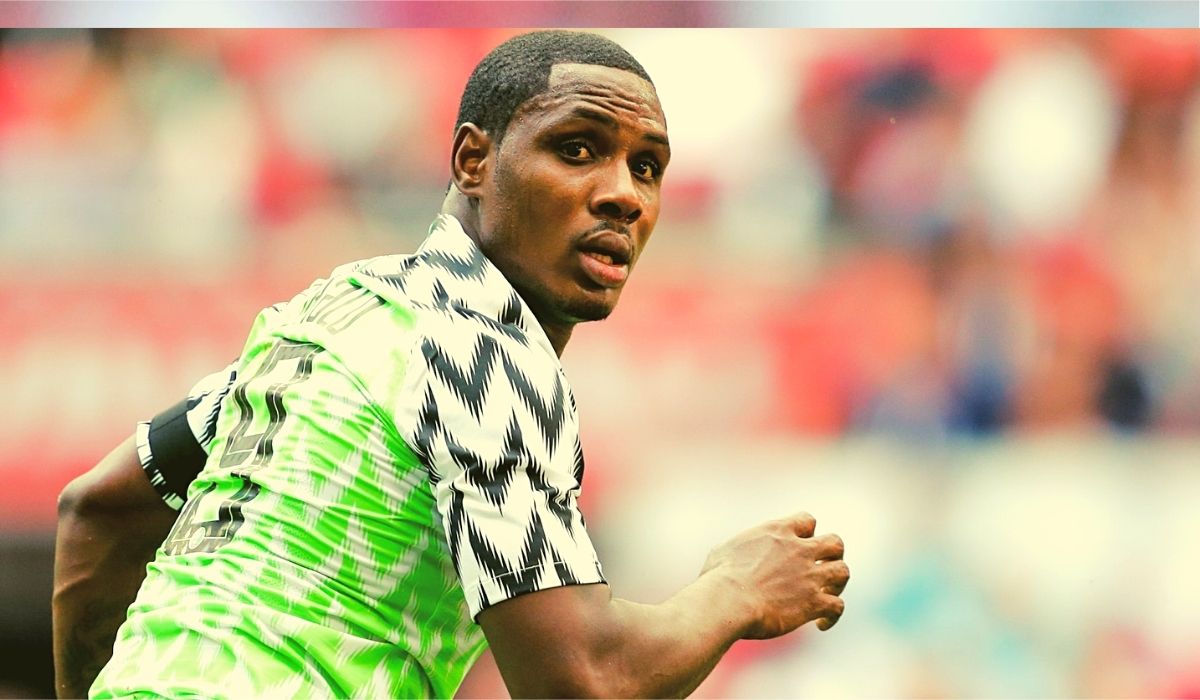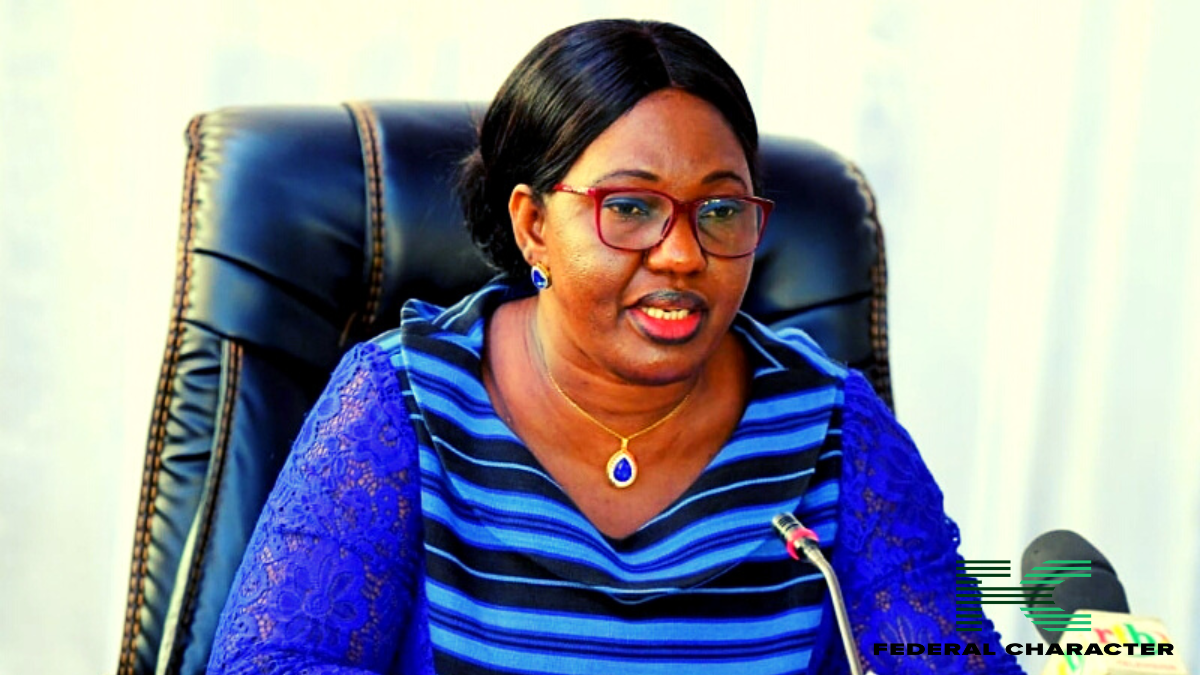Odion Ighalo is under pressure to return to the national team.
NFF president, Amaju Pinnick was the first to fly the kite for Ighalo’s return, and now manager Gernot Rohr has added him to his tentative list of players for the upcoming qualifiers against Liberia and Cape Verde.
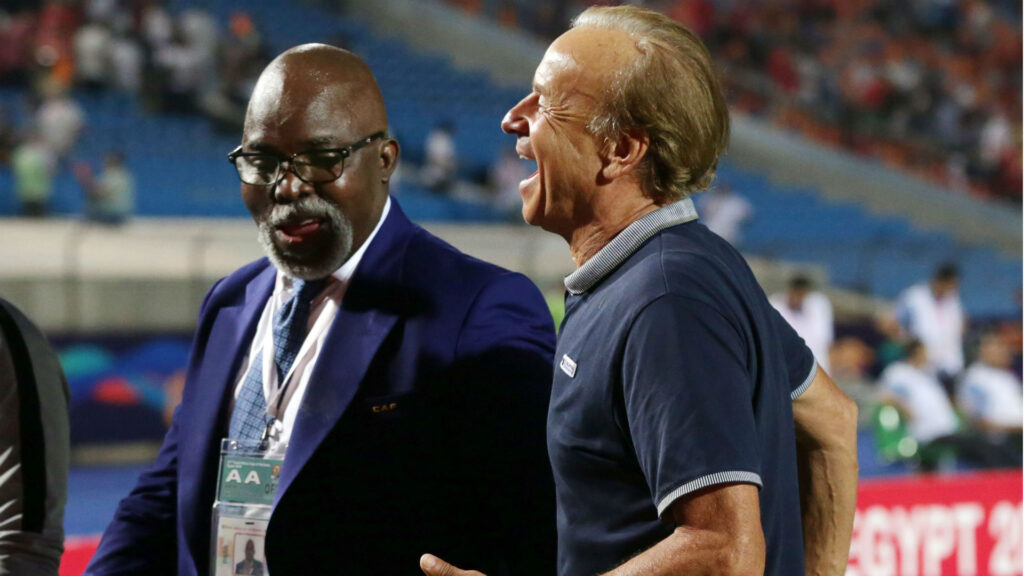
To begin with, I’d like to state that this issue is a pointless diversion from the job of qualifying for the final round of the qualifiers.
To be clear, Nigeria has not yet advanced to the final stage of the qualifiers.
With two games remaining, the Super Eagles and Cape Verde are separated by two points.
If we accept that anything can happen in football, we should not rule out the chance of losing to the Cape Verdeans in November in Lagos.
Why aren’t they able to win here? The Central African Republic, a lesser-known country, did it, and Cape Verde can take inspiration from that to take a shot at us.
So, in my opinion, we should be more concerned with the remaining two games and less bothered with a problem that isn’t actually a problem. If you understand what I’m saying.
Having said that, let’s have a look at the merits of his case.
Ighalo departed the national team after winning the 2019 AFCON and went on to prove himself at Manchester United before relocating to Asia.
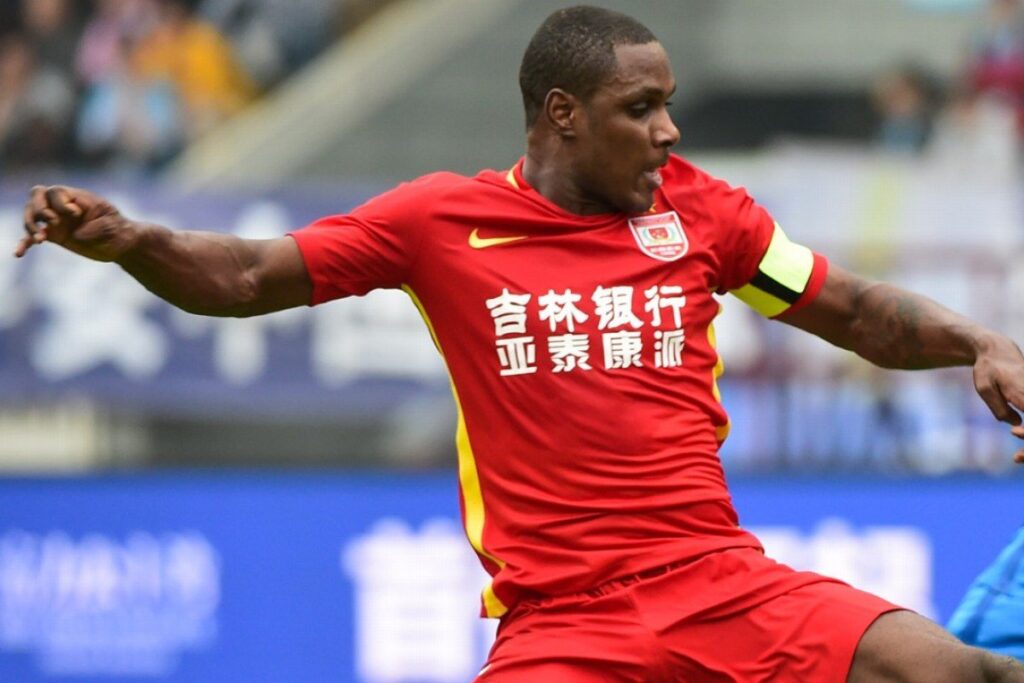
So, in terms of pedigree, Ighalo’s CV speaks for itself, and his 16 goals in 35 appearances for the Super Eagles averaged one goal every two games, which is a respectable return.
Since leading the Flying Eagles to the U-20 World Cup in 2009, Ighalo has been easygoing and respectful as a human being, with no indication of scandal in his time with the national teams.
He has a charming smile for everyone up close and personal. In 2017, we were in Uyo for a World Cup qualifier versus Cameroon, and his warmth was infectious.
Until game day, Ighalo was so relaxed and funny, while the rest of us were about to pee in our boxers from anxiety. Later, in a solid performance, he scored Nigeria’s opening goal in a 4-0 triumph.
So, why do I believe it is a poor idea to bring him back to the national team now that he has established his credentials on and off the field?
Simple.
The issue he’s supposed to solve isn’t actually a problem.
The Eagles don’t have a problem with scoring. We have an issue with playing.
Since scoring is the outcome of meaningful play, we should examine our approach play to see if it is preventing us from posting the cricket scores that the NFF desire.
Victor Osimhen (in his current form), Taiwo Awoniyi, Kelechi Iheanacho, Terem Moffi, Paul Onuachu, and others create a strong attacking line. We are even blessed with goalscoring wingers like Ahmed Musa and Moses Simon.
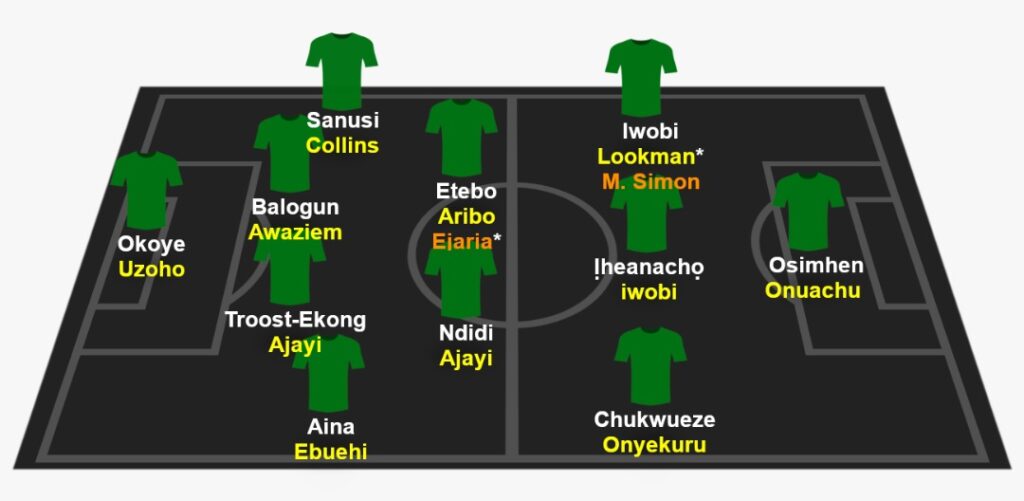
These players post impressive performances week after week in Europe, but it is difficult for them to score in Nigeria.
This leads me to believe that we don’t have a goal-scoring problem, but rather a lack of inventiveness in the middle of the field.
How many opportunities do we make per game? How many goals did our strikers fail to score? How many times have we had the ball but failed to score despite dominating possession? What is our average game conversion rate?
I’m sure you’re beginning to get the drift of my rant? Good.
Rather than going cap-in-hand to ask Ighalo to return, I believe Gernot Rohr should sit down and figure out the best configuration possible that plays to each player’s strengths.
He should seek for players with creative flair who can open up the opponent with a ball or dribble, and then see if the strikers are up to the task.
Besides, I have a feeling Ighalo should be wary of these folks who are angling for his return. When he played, he was roundly chastised, and if things didn’t go as planned, he’d be a convenient scapegoat to hide certain people’s ineptitude.
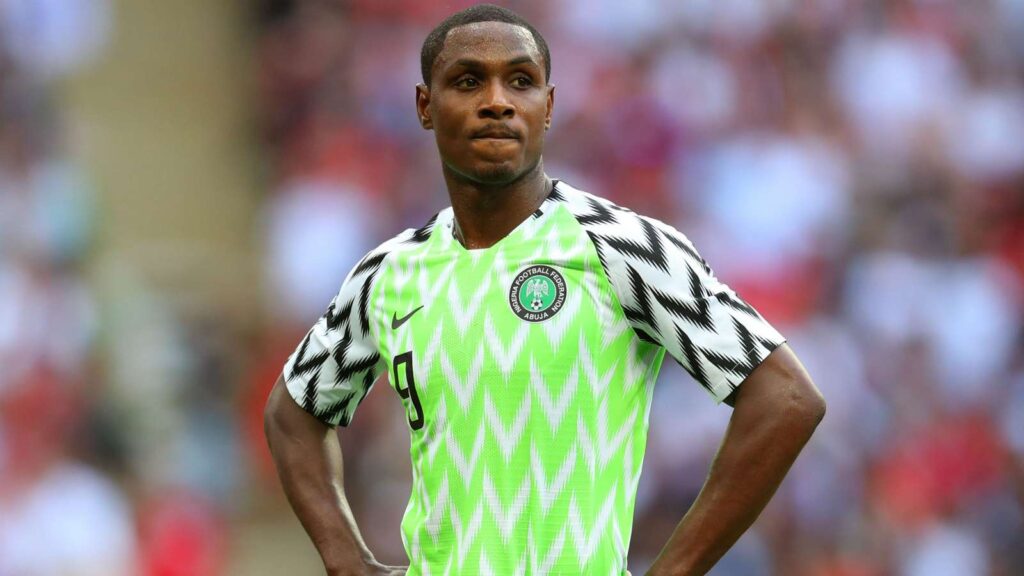
I’ll leave you with the words of the renowned Rashidi Yekini, who moved to Olimpiacos in Greece after the 1994 World Cup.
He stated: “Fans at Setubal do not want me to leave, and they told the club president so, but it just takes one or two bad games or a loss of form for them to turn on me and blame me for everything that is wrong with the club. Knowing when to exit the stage is crucial.”
I hope Ighalo is listening.

